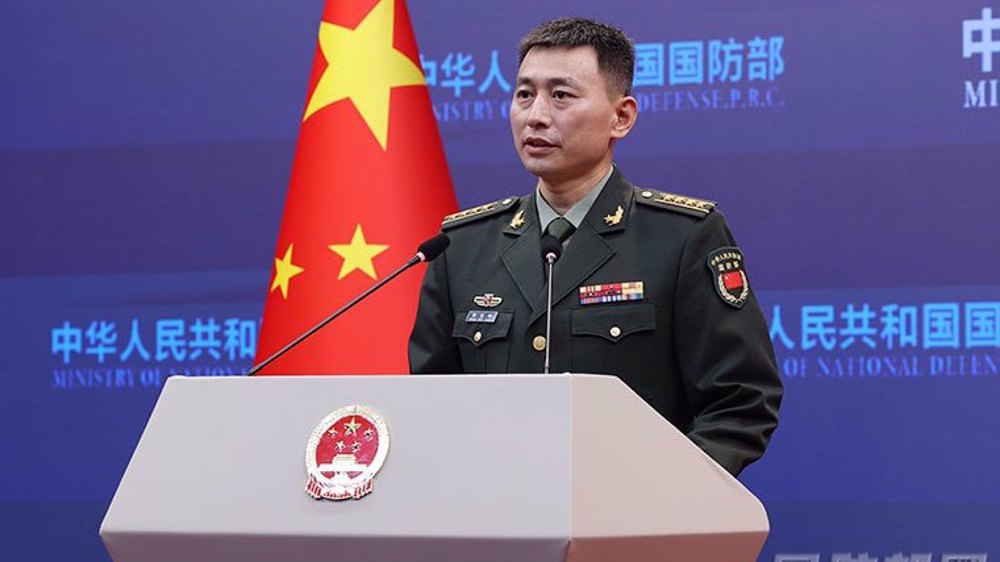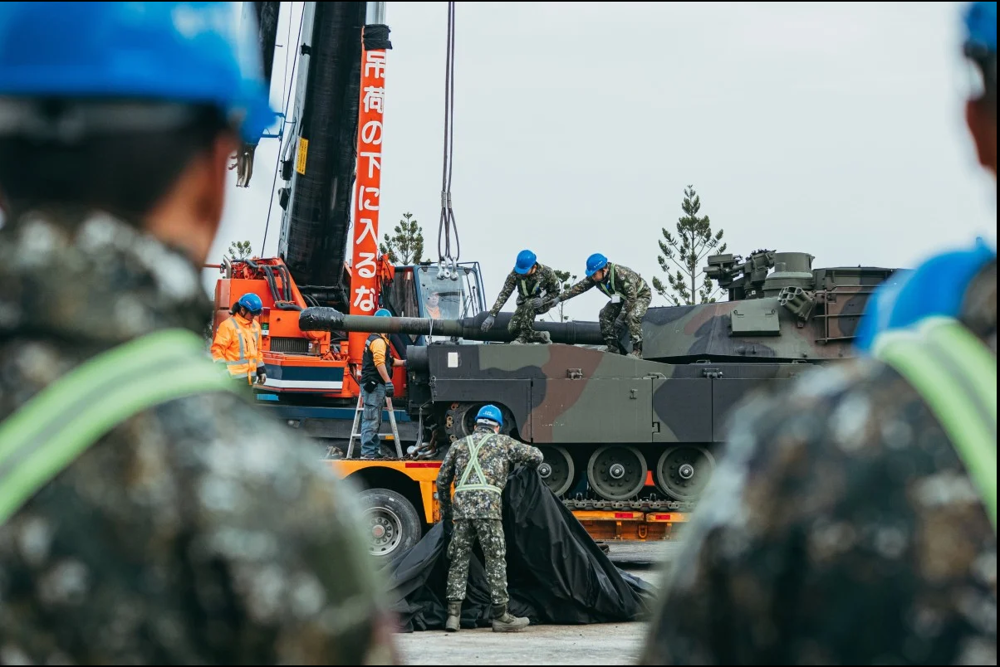China seals off parts of Yellow Sea for ‘large-scale’ naval drills
China has temporarily sealed off a part of the Yellow Sea for what it described as “large-scale” military exercises, the second drill off the coast of the Korean Peninsula in the past two weeks.
The area, which covers approximately 57,000 square kilometers from Qingdao in eastern China’s Shandong Province to Lianyungang in Jiangsu province, will be off-limits to all vessels from 6 a.m. local time on Saturday until 6 p.m. on Tuesday.
The Chinese navy provided no further details on the four-day “large-scale military operations” in the restricted area.
The earlier round was conducted for three days between July 27 and July 29.
The drills come at a time of flare-ups between Beijing and Washington over Pyongyang’s latest missile test, aiming to reassert China’s regional power and to send a message of deterrence, according to analysts.
Malcolm Davis, an expert in Chinese defense at the Australian Strategic Policy Institute, told the South China Morning Post the latest military exercise was about deterring North Korea while serving as a show of force for the US and Japan.
“It’s basically a warning to Pyongyang,” he said. “The Chinese would really like to get the North Koreans to back down, but it largely depends on whether [North Korean leader] Kim Jong-un is ready to do that.”
Collin Koh, a maritime security expert at Singapore’s Nanyang Technological University, also told the daily that the drills could also be seen as a “call for peace” in the Yellow Sea and a signal to countries such as the US that they should “not even entertain the thought of military action against North Korea.”
“This is a very normal part of diplomacy – there are talks and negotiations, but there is always in the background some sort of drum-beating,” he said. “The danger here is, we’ll never know...These countries are all quite heavily armed and are operating in quite a constricted space.”

Last week, Chinese Foreign Minister Wang Yi called on all parties to avoid taking “any actions that will lead to an escalation in tensions” on the Korean Peninsula after Pyongyang launched another ballistic missile on July 28, the second in less than a month.
North Korea boasted that the intercontinental ballistic missile (ICBM) could now reach the entirety of the US mainland, while Russian military said it was only of intermediate range.
North Korea's nuclear and missile tests have met with international condemnation.
The United Nations has slapped harsh sanctions on the country over its numerous tests. North Korea, however, says its nuclear and missile development programs act as a deterrent to defend the nation in the face of the US and its regional allies' hegemony.
'Israel booby-trapped walkie-talkies, pagers years before Lebanon blasts'
Gaza Health Ministry calls for urgent intl. help to protect hospitals amid Israeli genocide
Stakes involved in Iran’s partnership with Eurasian Union
VIDEO | Press TV's news headlines
Iran says ‘ready’ to reopen embassy in Syria, holds talks with Damascus
VIDEO | 12 people killed in ammunition factory blast in northwest Turkey
Iraq’s PMU masses resistance forces on border with Syria amid mounting concerns
Israel killed over 700 athletes in Gaza since October 2023










 This makes it easy to access the Press TV website
This makes it easy to access the Press TV website